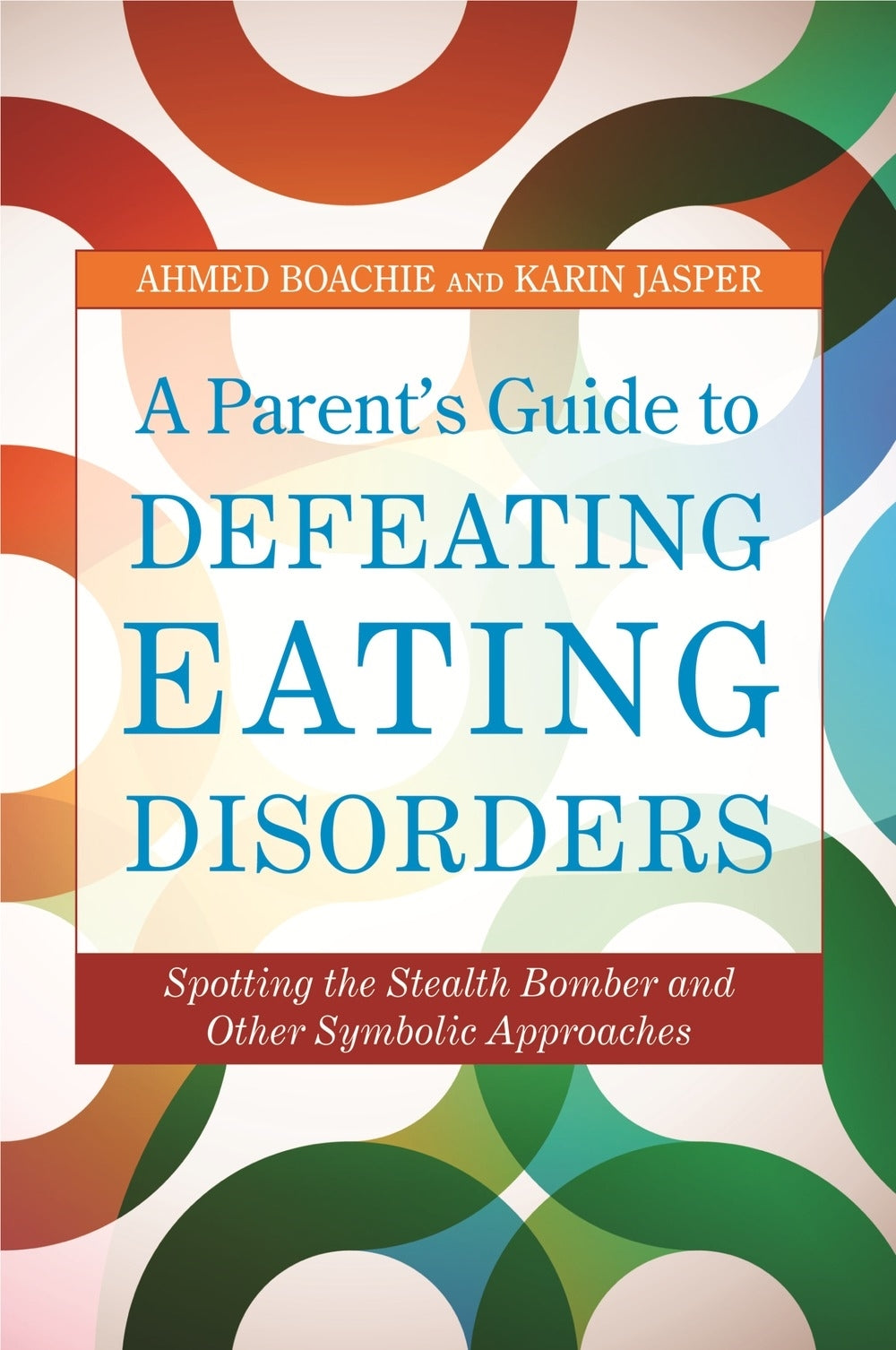
Press Reviews
Mental Health Practice
[this book] presents up-to-date knowledge about eating disorders and information about their treatment in a format accessible to lay people. Making use of analogies, metaphors and case studies, it tries to explain what the young person might be experiencing and why accepting treatment is so difficult.'
Counselling Children and Young People
What a brilliant book! It is theory driven but not academic, intelligent but not intellectual, and condensed (163 pages) but never condescending. In fact, I think the authors have been fairly modest, in that it delivers more than the advertising blurb claims.
Library Journal
This Book, written by experienced eating-disorder professionals, aims to support parents through this relatively rare, but uniquely dangerous, condition. Their writing relies heavily on analogies and metaphors. Vignettes throughout support the information they are giving. The chapter "Driving with No Gas" uses the analogy of drivers expecting to arrive at their next destination without filling up the gas tank and being surprised when the car suddenly stops to illustrate how teens with eating disorders may "underestimate the danger they are in and can crash suddenly." The chapters cover recognition and diagnosis of an eating disorder, outpatient management, multifamily therapy, day-long hospital programs, inpatient treatment, and the recovery process. Each section is organized to help parents become more informed and comfortable with these diagnoses and processes. VERDICT Analogies and metaphors will help parents visualize something sometimes abstract concepts and support them through the arduous journey. The authors' expertise highly recommends this book.
Youth in Mind
By using analogies and metaphors, the authors provide up-to-date scientific information and give strong messages of hope without even mentioning the words "eating disorders". An inspiring read.
Social Work Education
The book sets out to offer "an effective tool for improving the therapeutic alliance between professionals, parents and children" (p 15) and I believe that it achieves this... Indeed, practitioners and students are likely to find this book helpful for enhancing their own understanding of eating disorders. Although the book focuses on parents of children and teenagers it could inform parents of adults with eating disorders as well as other family members and friends.
Wendy Spettigue, MD, FRCPC, Associate Professor, University of Ottawa, Faculty of Medicine and Psychiatric Director, Regional Eating Disorder Program, Children's Hospital of Eastern Ontario, Canada
A highly readable book that should be read by any parent whose child is suffering from an eating disorder. The book is full of helpful information: on eating disorders and their dangers, on the types of treatment available, and on the important role the family plays in supporting a young person to recovery. The descriptions of family therapy are very moving at times. The metaphors make even difficult concepts easy to understand, and I would recommend this book not only to parents, but to anyone wanting to work in the field of eating disorders.
Pennie Fairbairn, Psychotherapist, South London and Maudsley NHS Foundation Trust, Michael Rutter Centre for Children and Adolescents, Maudsley Hospital, London
It is of real credit to both these very experienced authors that they can address the stark reality of dealing with an eating disorder so logically, creatively and with such spirit. […] Overall an excellent addition to the arena of eating disorder literature. Not only is this book a record of help but it is also a book that will provide parents with a record of learning that they can refer to now and in the future.
Merryl Bear, Director, National Eating Disorder Information Centre, Canada
Written with clarity, Drs Boachie and Jasper are masterful at choosing analogies that provide an 'aha' understanding of the concepts and struggles with treating eating disorders that they address in A Parent's Guide to Defeating Eating Disorders: Spotting the Stealth Bomber and Other Symbolic Approaches. This book is likely to both answer parents' questions not only about what to expect with regard to their child's illness and recovery process, but also to reassure them about their roles and capacity to support their child's recovery.
Parent of a teenage girl who has recovered from anorexia, Toronto, Canada
[…] The illustrations and descriptive stories were of greatest benefit as these helped me better understand certain situations. I would recommend every parent going through the challenges of anorexia with their teen to read this book from start to finish as it will give them a parent's perspective and the confidence to help their teen get better.
